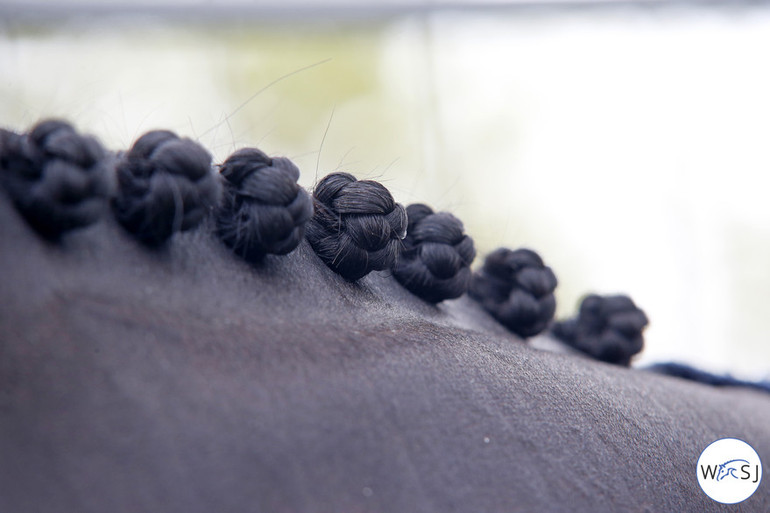The riders have spoken: They want to keep four riders on each team and the drop score at future Olympic Games, as an alternative to what the FEI has proposed.
From the 19th to the 22nd of November, the FEI General Assembly takes place and on the agenda are the FEI’s suggested Olympic format changes. In an interview with World of Showjumping published in late October, FEI 1st Vice President and Chairman of the FEI Jumping Committee John Madden made it clear that the FEI believes it is necessary to alter the format of jumping at the Olympic Games. The proposed changes from the FEI include increasing the number of nations competing at the Olympics, reducing the number of riders per team from four to three and removing the drop-score.
The International Jumping Riders Club has now expressed their point of view, coming up with alternatives to FEI’s proposals.
In an open letter, the International Jumping Riders Club writes that it in principle supports the FEI's aim of increasing the number of nations competing at the Olympics – but it believes there are better ways of achieving this than the one proposed.
In this regard, the athletes have come up with an alternative to the one from the FEI – suggesting that rather than 75 combinations in jumping (twenty teams of three, with twenty reserve combinations as well as fifteen individuals) there should be twelve (or even up to thirteen or fourteen) teams of four riders permitted to participate. The riders believe that this would make more space for the individuals – 27 (or 23 or 19) – allowing a larger number of nations to compete than presently. Hence, an increased number of nations would be achieved but not on the cost of the number of riders per team as suggested by the FEI.
The Club is also of the opinion that it will be difficult to find twenty teams that can compete at a high enough level to participate at the Olympics without risk of injury to horse or rider.
The International Jumping Riders Club also argue that the FEI proposal “goes against our fundamental principle of placing the welfare of the horse before everything”. With this, the Club is referring to the fact that if there are teams of three riders and no drop score a horse deemed unfit to compete at 100% of its ability could be put at risk as the rider will be put under strong pressure to compete in order to avoid elimination of the team.
The International Jumping Riders Club also speaks against the proposal of an active reserve, illustrating with an example from the Rio Olympics stating:
“(…) if there were teams of three riders, the USA Team and the Netherlands which both lost one horse on the second day, would have had to enlist their reserve horse.
This reserve combination, should have competed in the third round in the second day with no experience of the arena and of the competition, which would have penalized their team’s performance and place the team at risk.”
Furthermore, the athletes believe that the drop score needs to be protected. The IJRC expresses the following in this regard:
“Without the drop score, the competition would be less exciting, and we don’t want everything decided after one round.
The drop score is not difficult to understand by the audience and keeps the competition more exciting till the end, otherwise everything can be decided after one round.
Rio has proved that the format with the 4 riders and the drop score works. It was dramatic and suspenseful until the very end.
Because in the equestrian sport two living beings are involved, one being an animal, the chance of elimination by accident or bad luck is more than doubled. This is why it is paramount to keep the drop score.
The Games in Rio delivered a noteworthy example for this: the home team, Brazil, would have been completely disqualified if there had been no drop score. One of their riders was disqualified after competing. This would have eliminated the entire team if there was no drop score. The disappointment of the spectators would have been unimaginable.”
Additionally, the Club argues that with a team of three riders and no drop score the following scenario could occur:
“If the first rider has a poor result (elimination; 12 or 16 penalties), there is little point in the other two team members continuing the competition, especially if the team event takes place after medals have been awarded for the Individual event.”
The IJRC closes off with arguing that their solutions would mean sacrificing one to three teams, but keeping the door open for smaller nations adding that with the international development of the sport it is far more likely to have competitive individuals from the next tier of nations rather than competitive teams.
The requests and proposals of the athletes have the full support of Jumping Owners Club, representing the horse owners in the sport of jumping.
To read the full open letter from the International Jumping Riders Club, click here.









